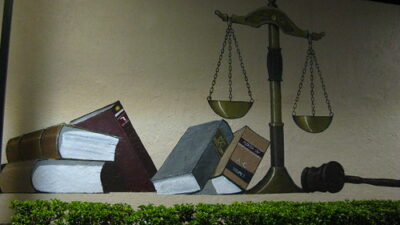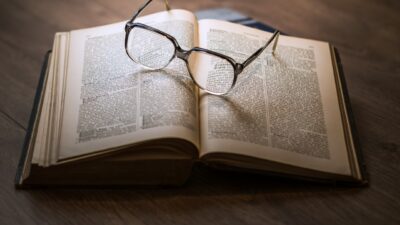The impact of Holocaust distortion
Objectives:
- To raise the participants’ awareness of the fact that Holocaust distortion can impact different categories of people in society
- To offer participants the opportunity to empathize with different groups that are affected by Holocaust distortion
- To develop the participants’ understanding of the significant impact that Holocaust distortion can have on the society
Number of participants: 5–30
Duration: 60 minutes
Description of the activity:
- The participants are informed that in this activity they will think of specific ways in which different members of society are impacted by Holocaust distortion. To begin, the trainer asks the participants to share who, in their opinion, is impacted by Holocaust distortion. The trainer (or a volunteer) writes down on a flipchart or virtual board the categories of people identified by the group.
- The participants are asked to form groups of 4–5 people and to discuss the concrete consequences of Holocaust distortion upon the different categories of people and institutions identified as being impacted. The trainer can distribute the categories evenly among the groups, so that each group refers to 2–4 categories. After they work, each group reports back on the main aspects of their discussion in the plenary. If not already mentioned by the participants, the following categories can be included:
- Holocaust survivors
- Descendants of Holocaust survivors
- Jewish communities
- Policymakers and government officials
- Historians, experts and journalists
- Museums/memorials
- Teachers and educators
- Young people
- The people who are distorting the Holocaust themselves
- Regular citizens.
- In other words, the groups have the task to discuss the following question:
- In your opinion, how is/are [insert group here] impacted by Holocaust distortion?
- The trainer leads a debriefing discussion based on the following questions:
- Was it difficult to identify concrete ways in which people are impacted by Holocaust distortion? Why?
- Were you surprised by some of the ideas shared by the colleagues? In what way?
- What is the long-term impact that Holocaust distortion can have on our societies?
- Who do you think has a responsibility in combating Holocaust distortion? Why?
- What do you think are your own responsibilities in combating Holocaust distortion?
- The trainer concludes by thanking the participants for their active engagement and by stating that Holocaust distortion has a strong impact on society, both in the specific ways in which it distorts the events of the Holocaust and by contributing to, along with other manifestations, an attack on science and democratic debate and to a generalized erosion of trust, knowledge and respect for truth.
On this Topic
Lessons for
Topic
Number of participants:
Average Duration of Lesson:

